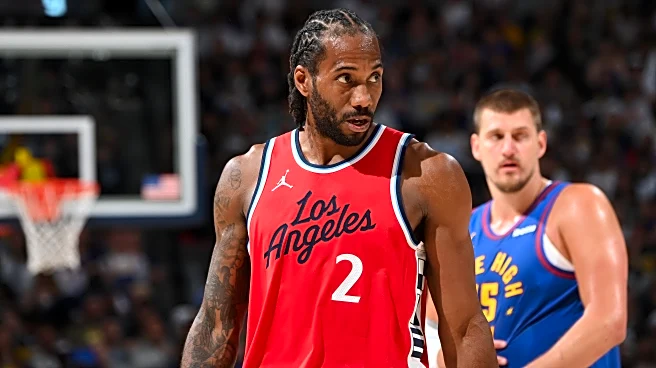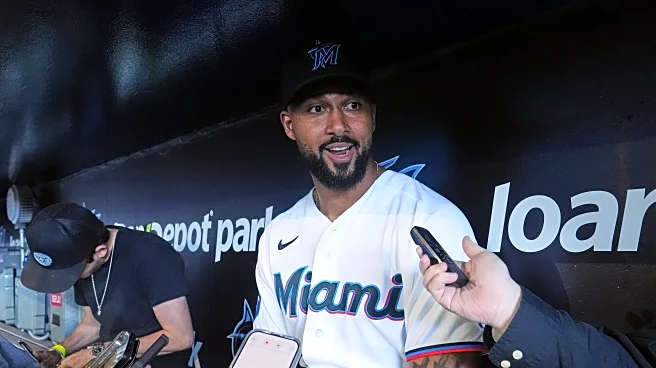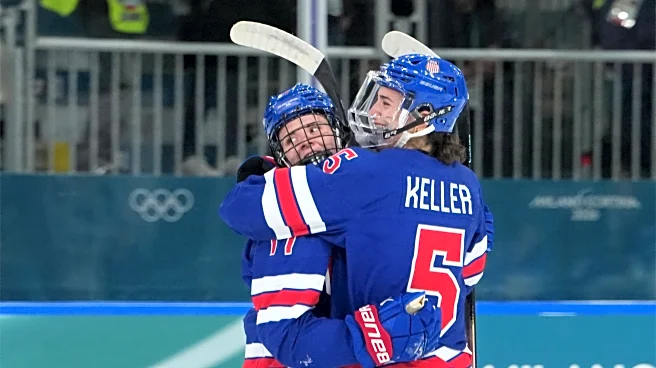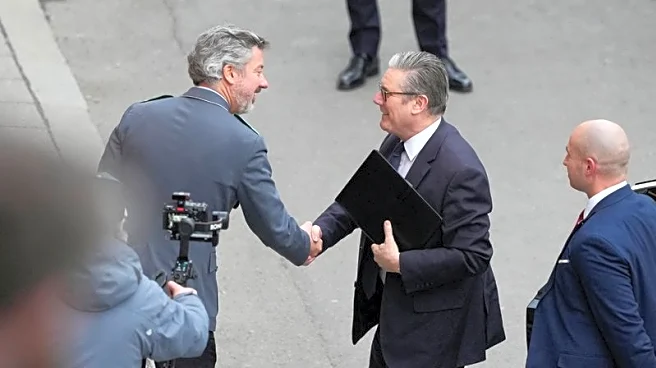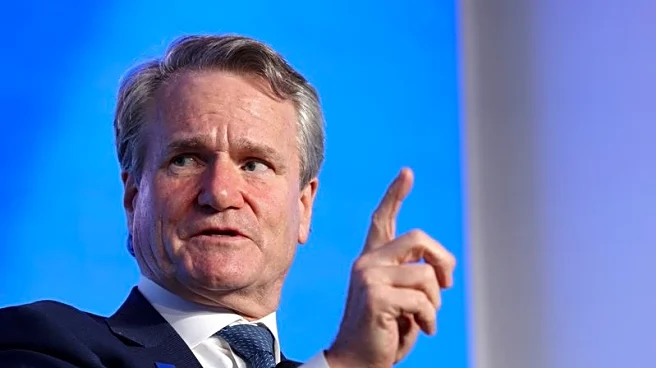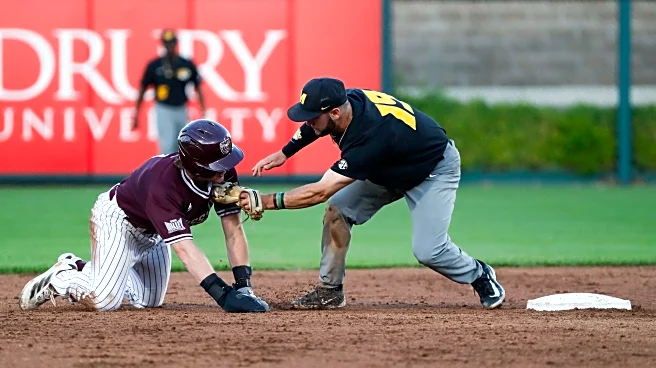Los Angeles Clippers owner Steve Ballmer has been accused of circumventing the NBA salary cap with non-organizational payments to team superstar Kawhi Leonard. The story comes from sports journalist Pablo
Torres, revealed via his videocast posted on X today. Torres claimed, and revealed, documentation of $28 million in what he termed “no-show” endorsement payments to Leonard from a “fraudulent” tree-planting company funded by Ballmer.
If these allegations are substantiated, the Clippers could face serious consequences. Larry Coon’s SalaryCapFAQ highlights relevant sections of the league’s salary policy and potential penalties.
As any league executive will tell you, the CBA isn’t a list of the things teams can’t do; it’s a list of the things teams can do. The league operates in a “disallow by default” mode — actions are not allowed except where the CBA specifically permits them.
In other words, teams aren’t allowed to put anything into a player’s contract that wasn’t negotiated between the league and players association and included in the CBA. For example, a team signing a known drug offender can’t insist on a “one strike and you’re out” policy or that the player attend mandatory drug counseling — instead they must follow the negotiated drug program (see question number 109).
In 2019 the league also approved new measures to reduce circumvention and tampering (see question number 111) such as inappropriate communications between teams and the agents of free agents to-be before the opening of free agency on July 1. Team executives are now required to save all communications with agents and other teams for one year, and the league now conducts random audits of five teams’ communications each year. Penalties for violations can now include:
Fines up to $10 million
Forfeiture of draft picks
Suspension of team executives
Voiding of player contracts
The CBA also has a general prohibition on circumvention which states that the rules exist to preserve the benefit derived by the teams and players, and that nobody shall do anything to defeat or circumvent the intent of the agreement. The league can use this prohibition to disallow a signing or trade that they feel circumvents the CBA, even though it is not specifically prohibited by the agreement.
Examples of conduct considered to be circumvention include:
A team owner allowing a player to invest in a business or investment fund controlled by the owner or a friend of the owner.
A team executive assisting a player in obtaining a product endorsement.
Any “under the table” promises for a future contract (see question number 30).
A team’s arena renting retail space to a player on the team.
A team selling a sponsorship to a business in which a player has an interest.
A team hiring a player’s relative or business partner as an employee.
A team owner allowing a player the use of his private plane.
A company affiliated with a team’s owner making a home available to one of the team’s players.
Whenever a contract is signed, extended, renegotiated or otherwise amended, the team, player, and player’s agent must certify, under penalty of perjury, that there are no side agreements or understandings of any kind relating to:
Any future contract, or future extension, renegotiation or amendment of the player’s current contract.
Any outside compensation, investment, business opportunity or anything else of value furnished to the player or any other person or entity controlled by, related to, or acting on behalf of the player.
The intent of these rules is to ensure that the only agreement from which either the player or the team can benefit is the current, signed player contract. The rules extend to sponsors, business partners and other team affiliates, and to player agents, representatives and family members.
—-
Can a team pay a player less but arrange for an affiliated company to also pay him, perhaps by way of an endorsement contract?
I suppose it could happen, but the NBA will investigate if it suspects that an outside person or organization is paying a player on behalf or at the request of a team (even if the compensation is ostensibly for non-basketball services). If they find out that such circumvention has occurred, they will penalize the team. For the first offense the fine can be up to $3 million, forfeiture of a first round draft pick, and/or voiding the player’s contract (see question number 112). The penalties increase for subsequent violations.
Given Leonard’s status as a superstar and the Clippers’ obvious advantage when it comes to revenue streams–both owner-based and environmental, due to their large market–the NBA would presumably take such an offense quite seriously.
We’ll have more on the story as news becomes available.
